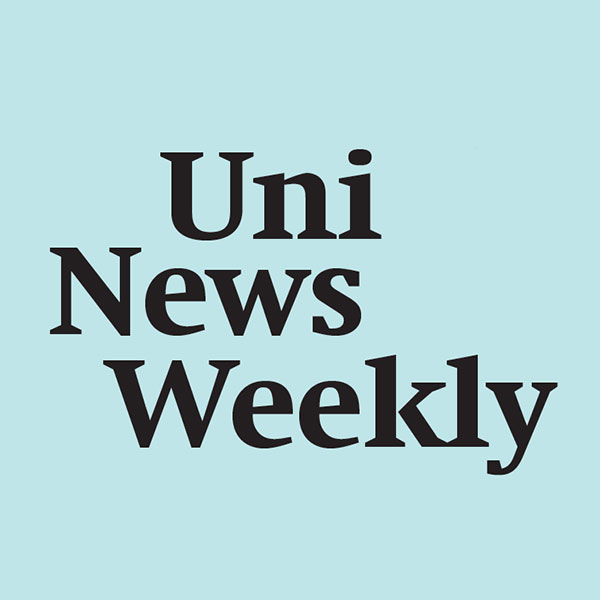Beyond marketing – Are aid organizations with quality seals more trustworthy?
Christmas is a time for donating. As the end of the year approaches, donation requests from various aid organizations tumble in almost daily. Which ones can be trusted and are most deserving? Researchers from the University of Basel were able to show that quality seals can help non-profit organizations to better serve their intended purpose.
06 December 2022 | Noëmi Kern
Swiss aid organizations received over CHF 2 billion in 2021 – with half of this figure going to international organizations. For comparison, the Swiss Agency for Development and Cooperation (SDC/DEZA) spent CHF 2.5 billion that same year.
70 percent of the donations came from private households. But how is a person to know whether an organization’s work is legitimate and the donations are put to good use? “There are few legal requirements governing how a foundation or aid organization must be managed,” says Dr. Alice Hengevoss. “In Switzerland, the basic legal framework is quite advanced by international standards but quite liberal at the same time.” Hengevoss is an economist at the University of Basel’s Center for Philanthropy Studies, where her research focuses on foundations and non-governmental organizations (NGOs).
This regulatory vacuum has given rise to what are known as self-regulation initiatives, which have emerged from the NGO sector itself in the form of codes of conduct and quality standards. In Switzerland, for example, there is the Zewo quality seal for certifying organizations and the Swiss Foundation Code to offer recommendations for good governance. “The advantage of this bottom-up principle is that the relevant players understand the challenges of their fields better than anyone else,” says Hengevoss. “But the downsides are, for example, that the control mechanisms are rather weak and the possibilities for excluding non-complying members are limited.” In addition, certification costs money, which can be an obstacle for smaller aid organizations.
Guidelines have positive side effects
How effective are these self-regulatory initiatives and quality seals? This is what Hengevoss wanted to find out while conducting research for her doctoral dissertation, which she has now completed. She asked various international aid organizations what quality assurance guidelines they have implemented, and has published her findings together with Professor Georg von Schnurbein in the journal Nonprofit Management and Leadership.
Around the world, 201 NGOs provided responses – despite the fact that the Covid-19 pandemic had just broken out. “That’s quite a large sample size. Normally, there is very little data available in this area,” Hengevoss was pleased to report. Her analysis has shown that the self-regulation initiatives have spurred on NGOs to take a closer look at their strategies. “Consequently, they have been able to better fulfill their mission,” says the researcher. She did not find any solid backing for the common criticism that these seals of quality are purely a marketing tool or even outright bogus. “In addition, platforms brought about by these kinds of associations stimulate interaction between organizations. For example, they discuss best practices, and it creates mutual control mechanisms.”
Transparency is key for credibility
In general, the trend toward greater transparency and professionalization is gaining traction. In particular, larger organizations are publishing information on their websites, such as reports on annual results or activities, as well as showing how they are spending their donations. Measuring the impact of this, however, is difficult. “The flow of funding does not translate directly into impact. For example, even if a lot of money is spent on fighting malaria, this won’t benefit the population much if the people are starving,” explains the NGO expert.
The promise that “every franc donated” is spent directly on the project is not a quality indicator either. Of course, as little money should be spent on administration or marketing as possible. “But a well-managed NGO requires expertise and leadership. A certain amount of administration and public relations is important, as is infrastructure – and all that costs money,” Hengevoss points out. She advises donors who want more information than is immediately available to pick up the phone and ask the organization directly.
Original publication
Alice Hengevoss and Georg von Schnurbein
Is peer regulation perceived as an effective mediator to strengthen the mission orientation of INGO leaders?
Nonprofit Management and Leadership (2022). doi: 10.1002/nml.21542
Further information
Dr. Alice Hengevoss, University of Basel, Center for Philanthropy Studies, tel. +41 61 207 28 56, email: alice.hengevoss@unibas.ch




